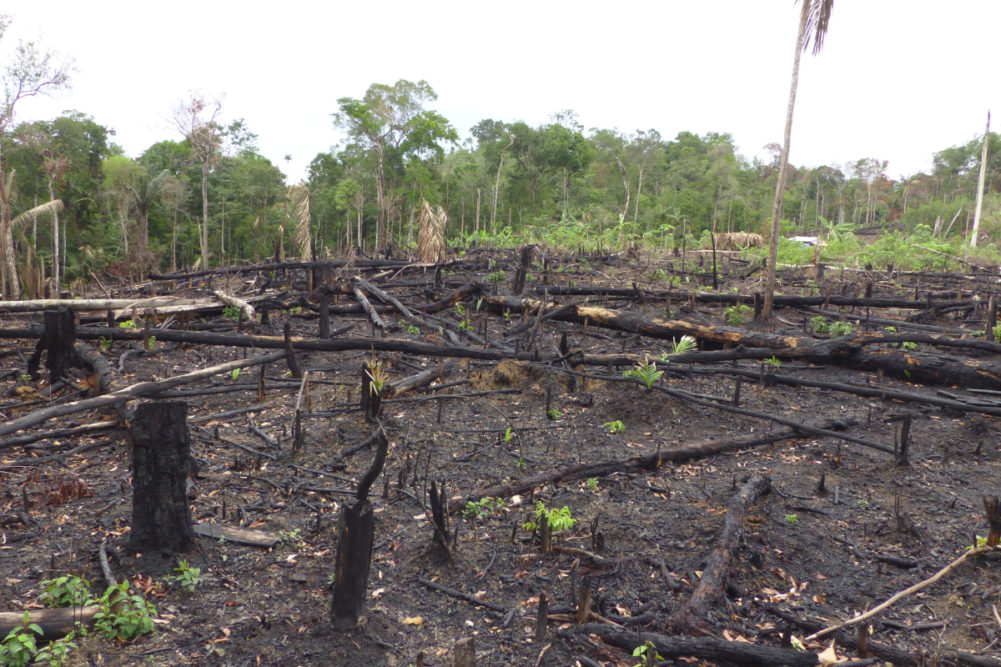BRUSSELS, BELGIUM — The push for deforestation-free products in the agricultural supply chain by the European Commission (EC) drew some specific concerns from industry associations COCERAL, FEDIOL and FEFAC following the June 28 adoption of the General Approach of the Environmental Council on the Commission’s proposal.
In a June 29 joint statement, COCERAL, FEDIOL and FEFAC welcomed certain elements like the Council’s move to avoid duplication of due diligence but expressed concern that no significant changes were put forward on traceability, cooperation with third countries, and chain of custody.
To support companies in the collection of reliable geolocation data as part of its traceability requirement, the associations called on cooperation from local governments, local industry actors, EU operators, the European Commission and nongovernmental agencies in the use of satellite monitoring and ground-level checks as part of an operator’s due diligence. The use of Forest Partnerships and development assistance was also encouraged before implementation.
The associations pointed out that compliance could be a challenge for some actors in producing countries and urged stronger language by the Council on cooperation with third countries “to avoid the exclusion of a large portion of producers from supply chains into the EU as well as any shortages in the provision of relevant commodities.”
Targeted cooperation and development assistance, as well as financial incentives, will be needed to establish national traceability systems, proper land tenure regulation, deforestation-prevention through capacity and knowledge building for environmentally and economically sustainable and deforestation-free agriculture, the associations noted.
While the European Commission’s Proposal does not explicitly refer to the required chain of custody for delivering deforestation-free products, its inclusion of “risk of mixing with products of unknown origin or produced in areas where deforestation or forest degradation has occurred or is occurring” as part of an operator’s risk assessment presupposes that deforestation-free products cannot be physically mixed with products which have not been verified as “deforestation-free.”
Requesting a separation of flows of verified and non-verified products throughout all supply chain stages, will have a disruptive, trade distorting effect on global soy supply chains to the EU while undermining deforestation-free commitments and efforts already undertaken in high-risk areas, the associations asserted.
“It would require building new infrastructure (country elevators, silos, crushing lines or plants, port loading) at such prohibitive costs that operators in most large ports are likely to abstain from the investment,” the associations noted. “As a result, supply flows into the EU are expected to be considerably reduced and to switch from high-risk to low-risk areas, abandoning all positive engagement and incentives to farmers to halt deforestation.”
Mass balance to date has supported demand for deforestation-free production in high-risk areas and therefore incentivized the halting of deforestation.
“COCERAL, FEDIOL, and FEFAC stand ready to provide any additional information and examples from practical experience to support the Council and European Parliament in their negotiations of the Deforestation Regulation with a view to ensure deforestation-free supplies in Europe and to continue effective action against deforestation in producer countries,” the associations said.
For a more detailed reaction from the three associations on the Council’s General Approach, click here.





